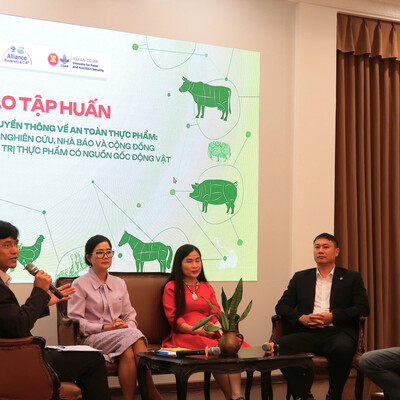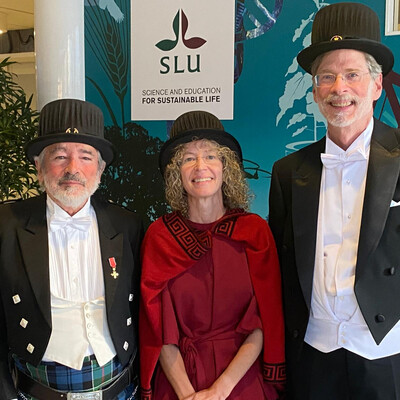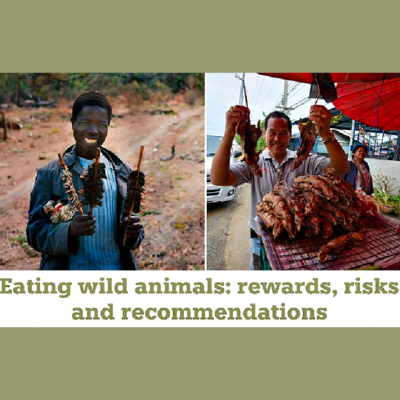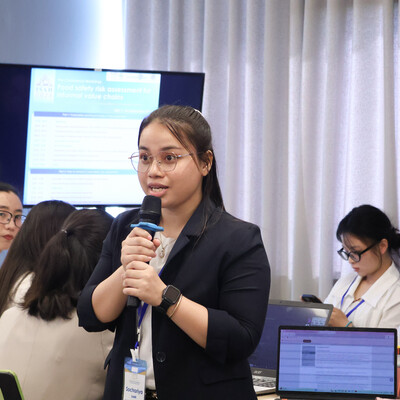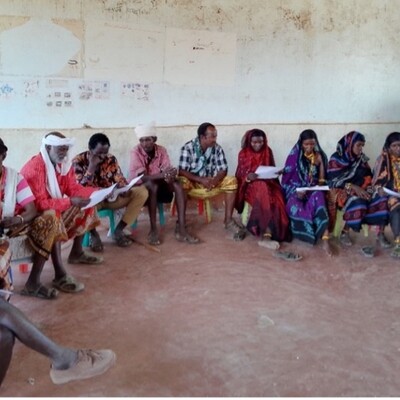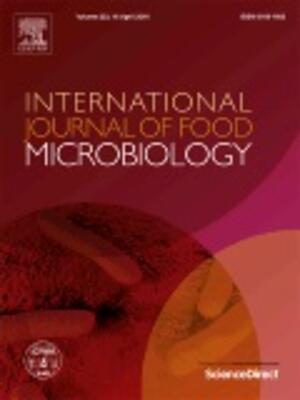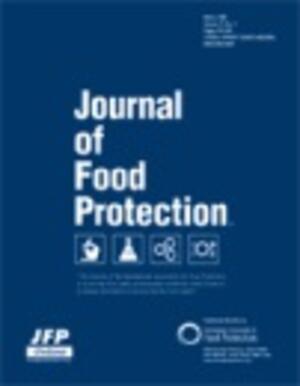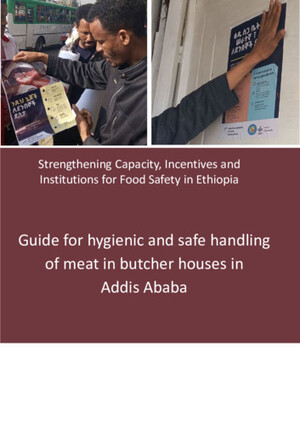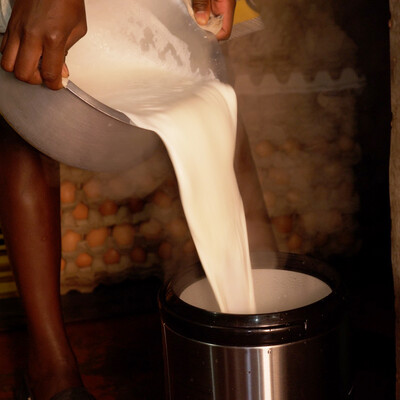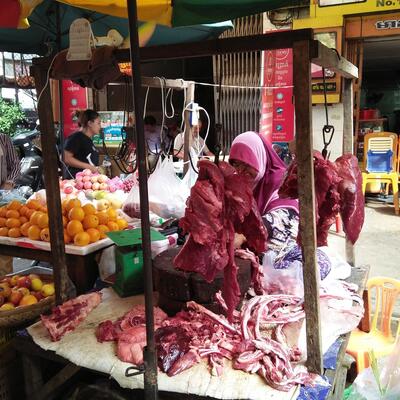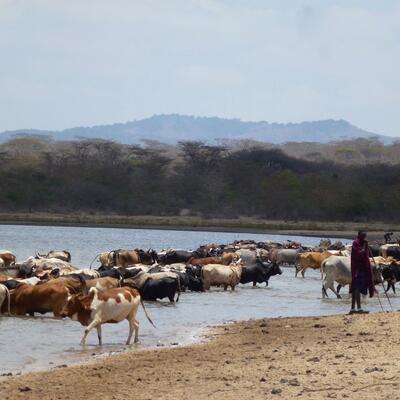
Urban food markets in Africa: Incentivizing food safety using a pull-push approach
The project aims to improve food safety in urban informal markets in Burkina Faso and Ethiopia. We hypothesize that both 'pull' and 'push' approaches need to be co-implemented in urban food markets in Africa to lead to sustainably improved food safety. In addition, an enabling environment is a pre-requisite to improvements in food safety.
While previous efforts have focused on training producers or regulators with little attention to incentives for behaviour change, the project investigates if consumer demand can provide the same incentive ('pull') for food safety in low- and middle-income countries as it has in high-income countries. It also builds capacity of market-level value chain actors to respond to demand (for example, by improving practices or adapting technologies) and of regulators to provide an enabling environment ('push'). We hypothesize that both 'pull' and 'push' approaches need to be co-implemented in urban food markets in Africa to lead to sustainably improved food safety. In addition, an enabling environment is a pre-requisite to improvements in food safety.
Research framework

Work packages
Work Package 1: Estimating burden and cost of key foodborne illnesses in Burkina Faso and Ethiopia
Work Package 2: Understanding the poultry and vegetable value chains in urban markets in Burkina Faso and Ethiopia
Work Package 3: Quantitative microbial risk assessment and cost-effectiveness analysis of candidate market-based interventions
Work Package 4: Build capacity and motivation of regulators to manage food safety (intervention 1, push approach)
Work Package 5: Empower market-level value chain actors to manage food safety (intervention 2, push approach)
Work Package 6: Design and implementation of a consumer campaign (intervention 3, pull approach)
Work Package 7: Impact assessment of pull-push intervention
This project is aligned with other food safety initiatives funded by the Bill & Melinda Gates Foundation, UK aid from the UK Department for International Development in Ethiopia and Burkina Faso:
- Assessment and management of risk from non-typhoidal Salmonella, diarrheagenic Escherichia coli and Campylobacter in raw beef and dairy in Ethiopia (Ohio State University)
- Ensuring the safety and quality of milk and dairy products across the dairy value Chain in Ethiopia (Addis Ababa University)
- Foodborne disease epidemiology, surveillance and cntrol in African low- and middle-income countries (Technical University of Denmark)
- Impact evaluation of an integrated poultry value chain and nutrition intervention in Burkina Faso (International Food Policy Research Institute)






